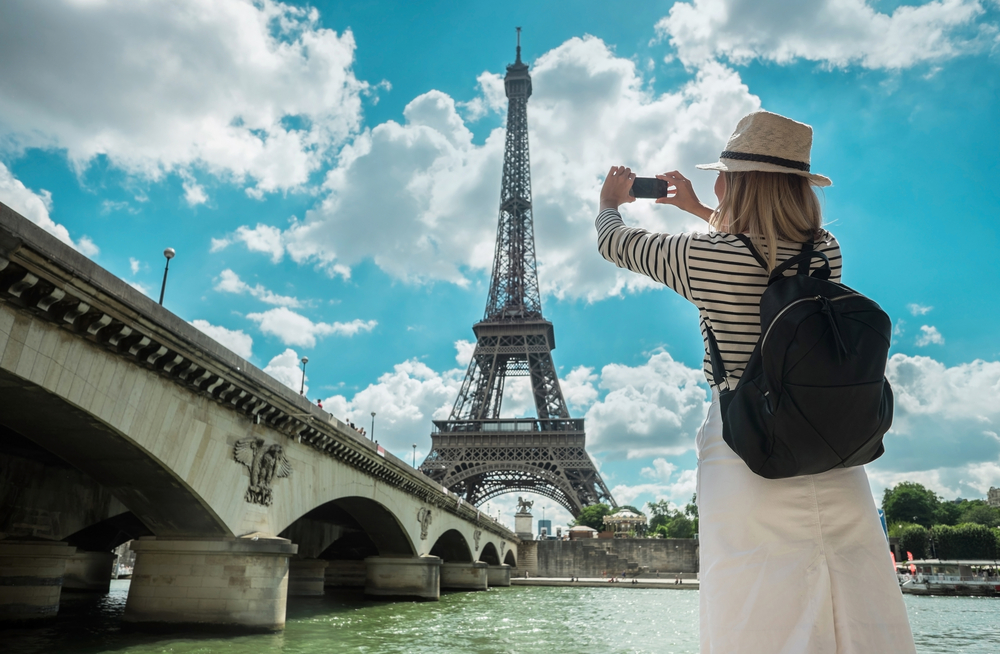Country Snapshot: Cultural Overview
For centuries, France set the standards for the intellectual, artistic, literary, culinary, and fashion styles of much of Europe. The French have long been united by pride in their culture, which has been made all the richer by regional differences in tradition, lifestyle, language, and cuisine. Immigration has diversified France but also has produced social conflict. Globalization, industrialization, and modern technology meanwhile, are changing the cultural landscape, sparking fears from some that France's rich heritage is being diluted.
Cultural diversity is reflected throughout France, with people from regions such as Alsace-Lorraine and Basque areas considering themselves quite different from those in other parts of the country. Diversity has increased in France with a rise in immigration, particularly of citizens from former French colonies in Africa and Indochina, as well as Portugal and Italy. But racial tension also has come with that shift. Socioeconomic, ethnic, and religious differences have boiled over often, resulting in civil unrest. France’s self-image of "liberte, fraternite, egalite" was crushed in 2005 when rioting broke out across the country to protest the treatment of black Africans and Muslims in the nation’s cities.
Language is a source of special pride for the French. Foreign guests and businesspeople who speak fluent French tend to make quick inroads with their hosts. But globalization and industrialization are having an impact. Regional languages and dialects are rapidly declining as greater portions of the French population migrate from rural areas to city centers. The number of people who speak English has dramatically increased. Foreign terms also are creeping into French, corrupting what some say is the most beautiful language in the world.
French food and wine has influenced the cuisine of countries around the globe. Within France, regional character is reflected in food, from haute cuisine to simple staples such as bread and pastries. French dishes are notoriously rich and loaded with high-fat ingredients such as butter, cream, and cheese, giving rise to the French paradox: how can people who eat such seemingly unhealthful foods stay surprisingly fit and thin? Modern French cuisine cuts back on some of the calorie-rich ingredients, while the country's diverse ethnic composition is reflected in dishes brought from Turkey, North Africa, and Asia, among others. Should you visit Paris you can also visit a Syrian bakery, Vietnamese cafe, or Portuguese rotisserie.
Religion is only nominally practiced in France, with about one-half of the population claiming Catholicism and one-third citing no religious affiliation. Immigration, however, has given new life to social debates over religious freedoms. The French government drew sharp criticism in 2004 when it banned the wearing of conspicuous religious symbols in public schools. The so-called "headscarf ban," which targeted Muslim students, demonstrated the challenges nations face in dealing with increased multiculturalism. Religiously motivated crimes have occurred against Jews and Christians, though the greatest increase in 21st century incidents of this nature are against Muslims.
Stereotypes have long swirled around the French: They’re aloof and arrogant. They believe they are better than—well—everyone else on the planet. While it’s true some French see themselves as superior to those of other nationalities, they’re not the norm. Well-educated and generally sophisticated, the French take great pride in their culture, but the majority also are open and friendly to foreigners. As for those who fit the stereotype? Some say an inferiority complex is to blame.
Copyright © 1993—2025 World Trade Press. All rights reserved.

 France
France 
